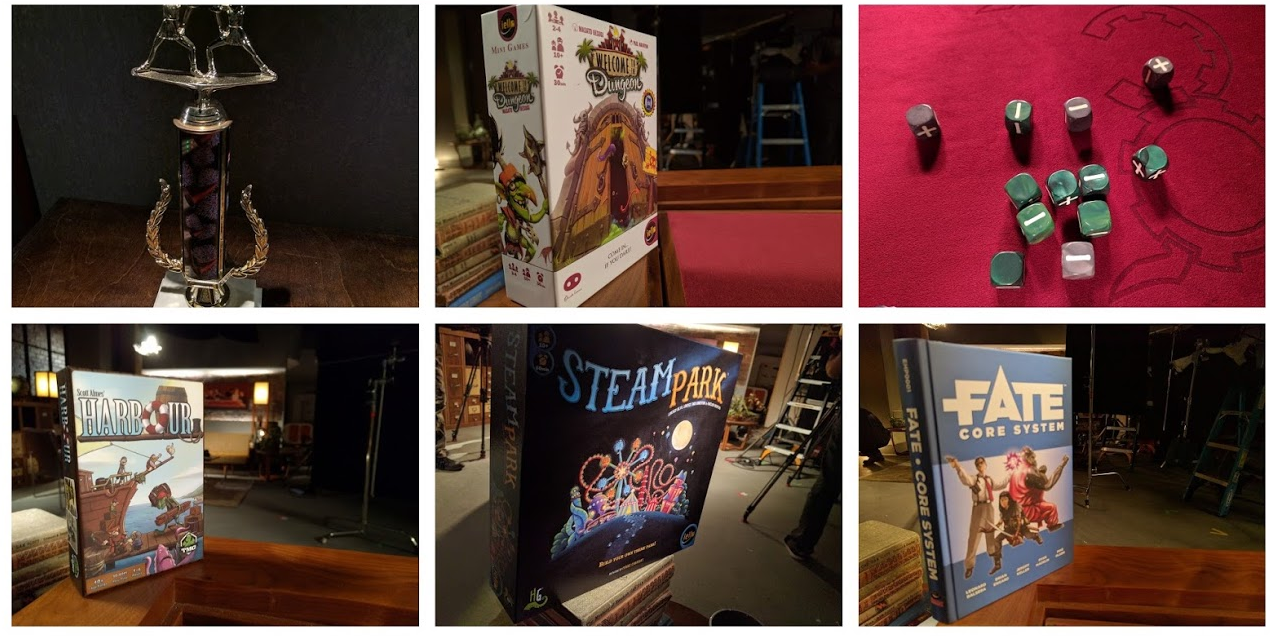Father’s Day is tough for me. I don’t have a dad, because the man who was my father made a choice, when I was a child, to be my bully, instead.
For my entire life, this man was implacable, inscrutable, and entirely unwilling to have any kind of relationship with me … yet he still felt entitled to my adoration an attention. Every day was a new puzzle to be solved, a new set of circumstances I had to figure out, so I could somehow evade his wrath and his cruelty.
In short, the man who was my father is an awful, selfish, cruel, racist, narcissist, and he made a choice to withhold his love and affection from me. Instead, he poured his rage, his shame, his scorn, and his cruelty into me. In my dysfunctional family, he made me the Scapegoat, and my mother went along with it.
I didn’t deserve it. No child deserves to be treated the way the man who was my father treated me. While he was bullying me, humiliating me, making me feel small and unworthy, my mother was enabling and protecting him.
And every Father’s Day, I was expected to worship and laud and celebrate that man, who may have contributed DNA to my existence, but is in no way, at all, my dad. I don’t have a dad, and I never did. I had a bully. Now, I have an endless black void where a father’s love should be, and it hurts every day. That man could have built a relationship with me, could have been a father to me, could have worked to build the same relationship with me that I’ve built with my sons, but he chose to bully me, and he invested a LOT of time and energy making sure I knew how contemptuous he was of me, and everything I did. (He didn’t have any compunctions about spending all of the money I earned when my parents put me to work against my wishes, but that’s a whole other thing. I’ve been able to earn more money; he’s the only person on this planet who could have been my dad).
So today is hard for me. I see pretty much everyone I know celebrating their awesome dads, who loved them unconditionally, the way a child deserves to be loved. I see them sharing memories of time spent with their dad, which I never got, because the man who was my father never made the effort. I’m doing my best to focus on how happy my friends are, and how lucky their children are, but it’s really hard for me to do that without feeling the massive black void where my father’s love and affection should be.
I want today to be a reminder of all the joy my own kids have brought me. I want to celebrate my own existence as a dad, to stand up and say that I did the work, I broke the cycle. I am not the selfish bully I had the misfortune of being born to. I’m a good man, and a good father. I love my sons, and we have a close and loving relationship. We don’t need a Hallmark holiday to celebrate and acknowledge the love we share, and my wife and kids know what a bastard my father was, so they’ve never imposed a celebration on me. But it still feels good when my boys call me their dad, and it still feels good when they tell me they love me. Being their dad is such a privilege, and I choose, every day, to be grateful for it.
Today, I’m going to make a deliberate choice to focus on my own children, my own experiences being the dad I never had, and I’m going to give a very special shoutout to my fellow children of bastards, who have the same complicated relationship with fatherhood that I have. This is a tough day for us, and if you grok what I’m saying, I’m so sorry. I see you, and I know.





